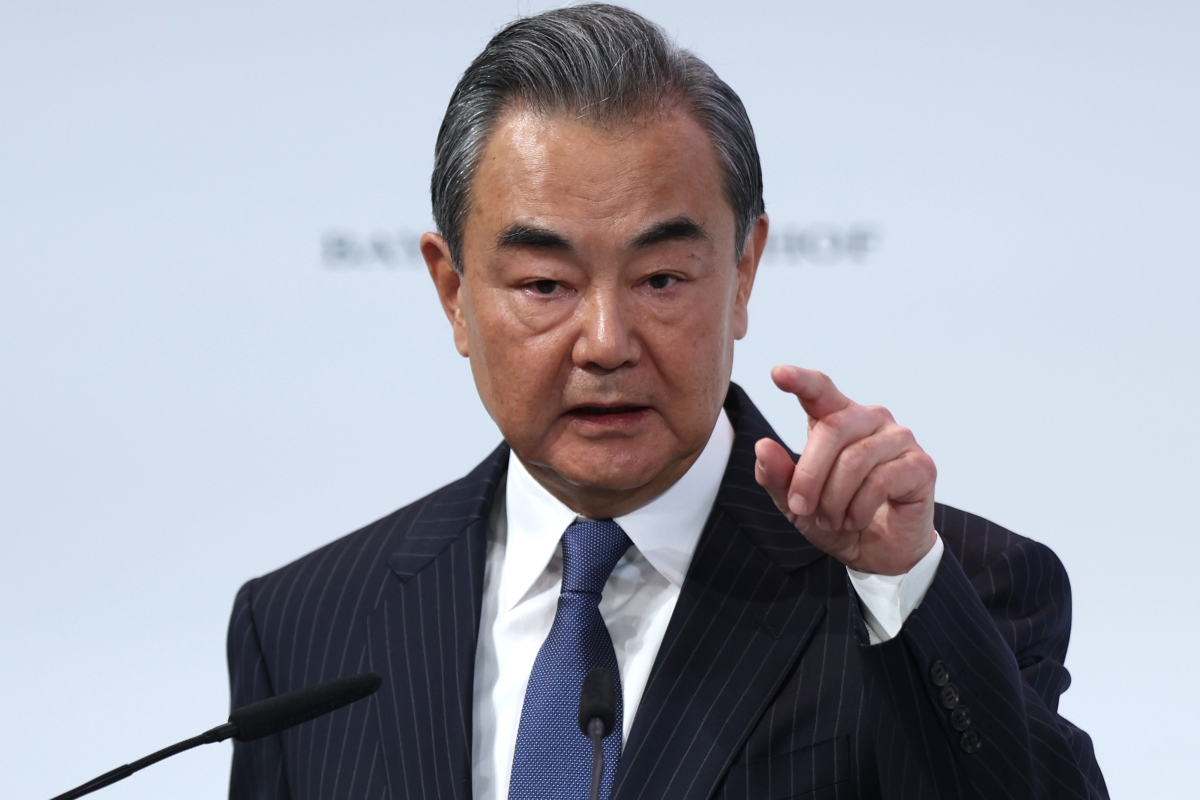The U.S. Should Deter — Not Provoke — Beijing over Taiwan. Here’s How.
The Washington Post

The following is an excerpt from an op-ed by Jessica Chen Weiss, Senior Fellow at the Asia Society Policy Institute's Center for China Analysis, in The Washington Post.
Secretary of State Antony Blinken and China’s top diplomat, Wang Yi, met over the weekend in Munich against the backdrop of growing concern — conviction even — that war between the United States and China could be coming. Given the enormous costs and uncertain trajectory of such a conflict, everyone must lower the temperature — even if they foresee decades of U.S.-China competition ahead. More symbolic shows of resolve and support for Taiwan, including high-profile visits by members of Congress, will not fundamentally change the calculus.
Here’s what will: clear and credible assurances that U.S. support for Taiwan is not aimed at ensuring the island’s permanent separation or formal independence. Measures such as a House resolution to recognize Taiwan as an independent state and discard the United States’ long-standing one-China policy are unwise. They will provoke rather than deter Beijing.
U.S. officials should reiterate that the United States would accept any outcome that Beijing and Taipei reach peacefully and without coercion. U.S. representatives should not call Taiwan a country or pledge to defend the island unconditionally. This could offer a blank check to future Taiwanese politicians seeking formal independence.
Some have argued that Beijing is looking only for a pretext to take aggressive action. These arguments imply a sense of inevitability that could become self-fulfilling. Despite Chinese leader Xi Jinping’s rhetoric linking unification with Taiwan to national rejuvenation, Beijing has not set a timetable for an invasion. Chinese leaders continue to prefer to “win without fighting.”

